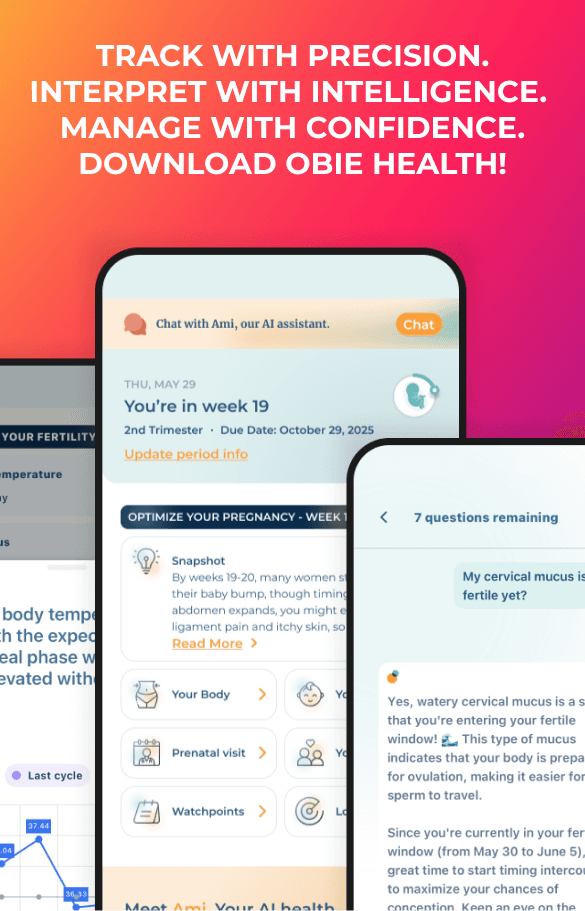How Many Pills Can I Miss Before Having To Use A Condom?
The Pill
Obie Editorial Team

Birth control pills are designed to deliver a consistent amount of progesterone, estrogen, or both for 21 consecutive days — preventing pregnancy by averting ovulation and fertilization. Missing just one pill can result in pregnancy if you engage in unprotected sex, but condom use depends on the dosage of estrogen and the number of pills missed.
If your birth control pill delivers 30 mcg of estrogen or more, you can miss two consecutive pills without fearing pregnancy. Missing three or more pills requires condom use for at least seven days of consecutive pill use. If your birth control delivers less than 30 mcg of estrogen, you can only miss one pill without using a condom. Missing two of these lower dose pills requires condom use for at least seven days of consecutive pill use.
If you miss any pills there may be an increased risk of pregnancy, which has even occurred in women taking the pill consistently without missing any doses.
There is also cause for concern if you missed one to two pills of a new pack within the first two weeks of starting the pack. If you missed one to two pills during these first two weeks, use a condom to prevent pregnancy for at least seven days until you catch-up on your birth control dose.
Despite these recommendations, if you miss any pills there may be an increased risk of pregnancy. Pregnancy has occurred in women taking the pill consistently without missing any doses, so it is safe to say that missing just one pill is a reason to wear a condom for the next week or so.
If you’re taking progesterone-only pills, missing just one pill can result in increased risk of pregnancy after unprotected sex. Wear protection for the remainder of the cycle after missing the pill.









